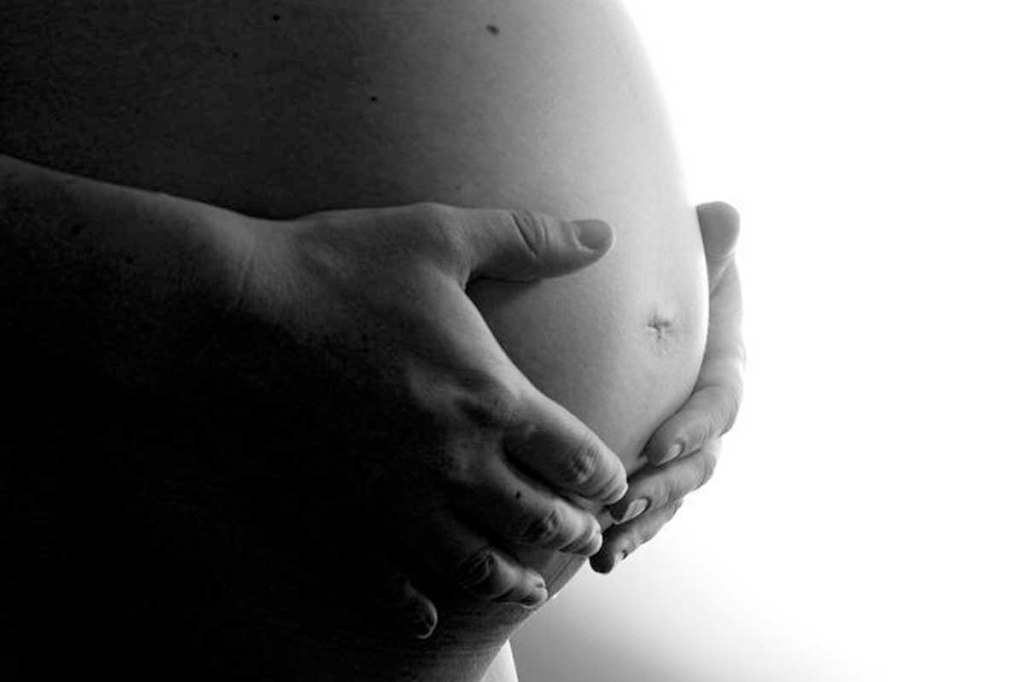Lawmakers vote to bar abortions in Pennsylvania after 20 weeks
Published 8:10 am Wednesday, June 22, 2016

- Lawmakers vote to bar abortions in Pennsylvania after 20 weeks
HARRISBURG — Pennsylvania lawmakers on Tuesday voted to ban abortions after 20 weeks of pregnancy and end a practice that some describe as “dismemberment abortion,” creating what some call one of the most restrictive abortion laws in the United States.
The measure, which passed the House on a 132-65 vote, goes to the Senate.
Gov. Tom Wolf has repeatedly pledged to veto it and on Tuesday called it a “step backward for women and for Pennsylvania.”
If allowed to take effect, the measure would make Pennsylvania the first in the Northeast to adopt a 20-week standard. Thirteen other states, mostly in the South and Midwest, have the same threshold.
Just a handful of states — Kansas, Oklahoma, West Virginia, Mississippi, and Alabama — have passed laws targeting the procedure that anti-abortion lawmakers describe as “dismemberment abortion.” Critics say that is not a medical term, and the bill appears to refer to a procedure called dilation and evacuation.
About 1 percent of the 32,126 abortions performed in Pennsylvania in 2014 involved pregnancies past the 20th week, according to the state Health Department. But 1 in 20 abortions of all abortions that year involved the dilation and evacuation procedure. Almost 9 of 10 of the dilation and evacuation abortions involved a pregnancy terminated before the 20-week point, Department of Health data shows.
Lobbyists for Planned Parenthood have described the proposed law as one of the country’s most restrictive because it combines the 20-week threshold with the ban on dilation and evacuation procedures.
Responding to questions on the House floor, state Rep. Kathy Rapp, who wrote the bill, said its language is similar, though not identical, to a Kansas law. That law is not being enforced as courts decide whether it stands up to that state’s constitution.
Rapp, R-Warren County, said changes to Pennsylvania’s law are needed because prenatal medical care has improved so much that fetuses not previously considered viable may now survive outside the womb. Also, she said, there is evidence that a fetus can feel pain at 20 weeks.
Sari Stevens, executive director of Planned Parenthood Pennsylvania Advocates, dismissed the vote as “an election-year gimmick.”
Stevens said the law makes already difficult decisions for pregnant women even more trying.
“Every pregnancy is different, and a woman considering an abortion later in pregnancy is already facing challenging medical circumstances,” she said. “Banning abortions later in pregnancy and outlawing a medically proven method of abortion puts women at risk and interferes with doctors’ ability to provide the care that’s right for their patients.”
The bill’s supporters argue that the United States is one of just seven countries that allow abortions up to 24 weeks.
Wolf expressed his opposition in April, when he appeared at a press conference with women who had late-term abortions after being told by doctors that their babies had serious medical problems.
They were joined by Planned Parenthood President Cecile Richards.
“This bill is part of an attack on women all across the country,” she said at the time.
Tuesday’s vote in Harrisburg comes as the abortion issue could soon move front and center nationally. As soon as Thursday, the U.S. Supreme Court is expected to rule on a Texas law that requires that abortion doctors have admitting privileges at nearby hospitals and that would shutter all but nine clinics in that state.
Issues raised by the 20-week ban have been contested in courts in a number of states, but the U.S. Supreme Court has not examined them.
Pennsylvania has long been a contested front in the battle over abortion. Its Abortion Control Act of 1989 was championed by then-Gov. Bob Casey. Planned Parenthood challenged the law, leading to a landmark Supreme Court ruling that upheld state rules such as those requiring parental consent before minors can have abortions and a 24-hour waiting period.
In that case, the Supreme Court also created a standard for measuring abortion restrictions, based on whether they place an “undue burden” on women seeking the procedure.
John Finnerty covers the Pennsylvania Statehouse for CNHI’s newspapers and websites. Reach him at jfinnerty@cnhi.com.




